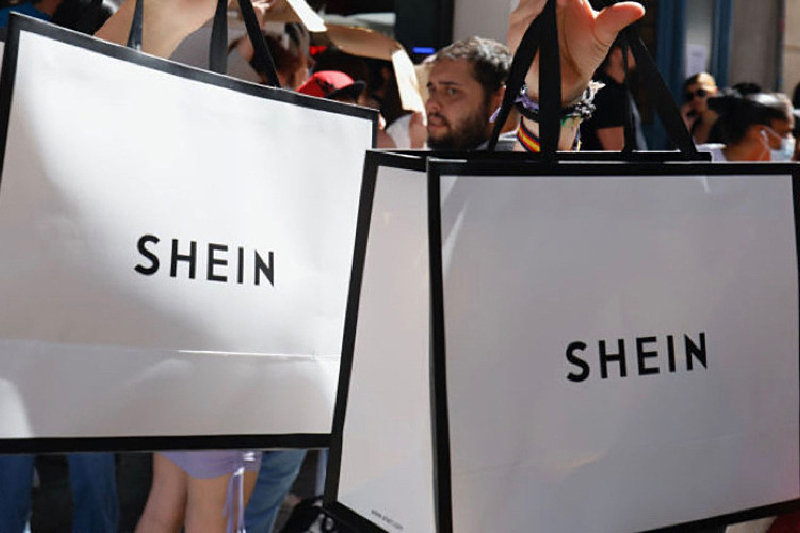

Recently, a viral video on TikTok sparked a concerning rumour about the popular fast fashion company Shein
Recently, a viral video on TikTok sparked a concerning rumour about the popular fast fashion company Shein. The video compiled images of clothing tags that appeared to contain alarming messages, such as “Help Me,” “SOS,” and “I have dental pain.” These messages were believed to be cries for help from workers at Shein’s factories. Although it was unclear if the messages were genuinely from Shein employees, the video quickly gained traction, amassing over 40 million views on the platform. This revelation prompted many Shein customers to closely inspect the tags on their clothing items, searching for any similar hidden messages that could potentially indicate worker mistreatment or exploitation.
Amid the speculation, some customers discovered a care tag on Shein’s clothing that read, “Tumble dry, do not dry clean. Due to the water-saving technology, need your help washing with the soft detergent for the first time to make the goods softer.” While this phrasing initially raised eyebrows, it was soon realized that the message was simply an awkwardly translated set of washing instructions. The phrase “need your help” was a poorly worded request for customers to use a gentle detergent during the first wash cycle to help maintain the softness of the fabric. This tag did not indicate any distress or mistreatment of workers.
Recently, Shein directly addressed the viral conspiracy theory by releasing a video on their official TikTok account. In the video, the company provided evidence that the images of clothing tags featured in the original viral video did not originate from Shein products. Some of the images were from other companies entirely, while others were stock photos unrelated to Shein. The company also clarified the purpose of the “Need your help” care tag, explaining that it was simply an awkwardly worded set of washing instructions requesting customers to use a fabric softener during the first wash cycle.
Despite Shein’s rapid growth and current valuation of $100 billion, making it one of the most valuable companies in the world, the fast fashion retailer has faced numerous allegations of worker exploitation and unethical labour practices. Recently, reports surfaced claiming that Shein had failed to disclose information about working conditions along its supply chain, despite being legally required to do so in the United Kingdom. Additionally, a Swiss advocacy group found evidence that migrant workers in Shein’s factories in Guangzhou were subjected to gruelling 75-hour work weeks.
In response to the allegations of worker exploitation, a spokesperson for Shein recently stated, “We take supply chain matters seriously. Our strict Code of Conduct prohibits suppliers from using child or forced labour, and we do not tolerate any violations.” However, the company has faced criticism in the past for controversial products and practices. These include selling a metal swastika necklace and allegedly copying a designer’s clothing pattern without permission. Despite their stated commitment to ethical labour practices, Shein’s track record has raised concerns among consumers and advocacy groups.
Hackers targeted Australia’s major pension funds through a series of coordinated cyberattacks comprising over 20,000 accounts and stolen the savings…
The Department of Government Efficiency fired more public workers through March under Elon Musk than all previous data monitored since…
Japanese tire manufacturer Bridgestone announced it would cut 546 jobs at its northern Spain factories, considering the challenging market conditions…
On 3 April 2025, the United Nations Human Rights Commission (UNHRC) has submitted a shocking report about continuos human rights…
In March the US job market showed better-than-expected results when private companies added 155,000 workers to their payroll despite the…
Just a few weeks after a strike took place, workers at the Chennai plant of Samsung India are gearing up…
This website uses cookies.
Read More